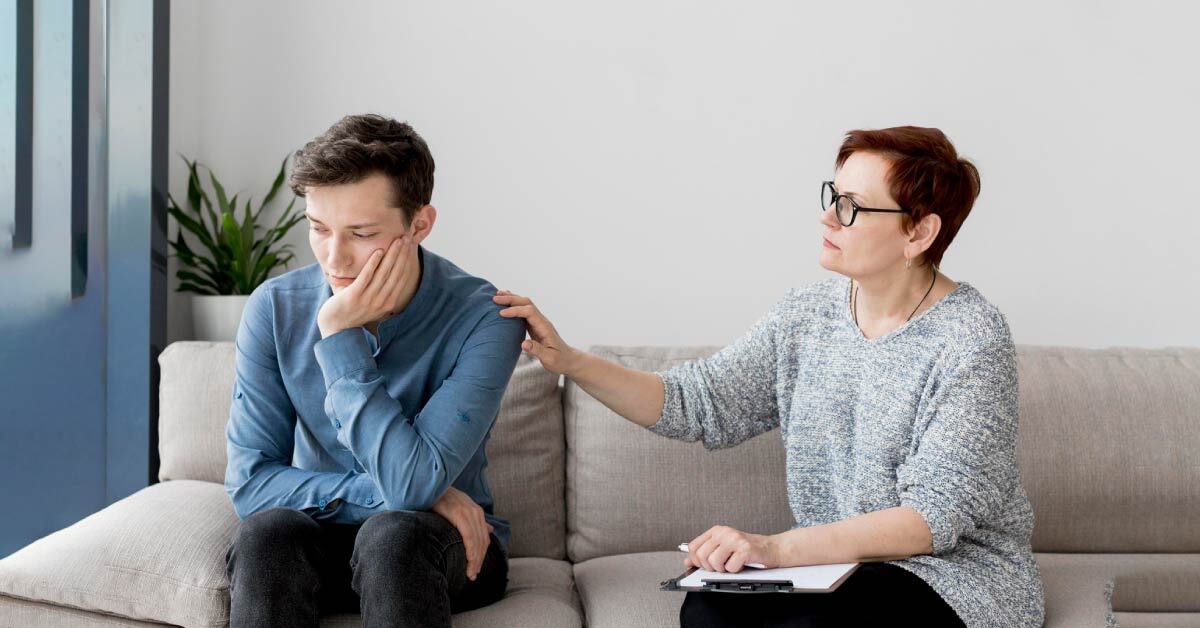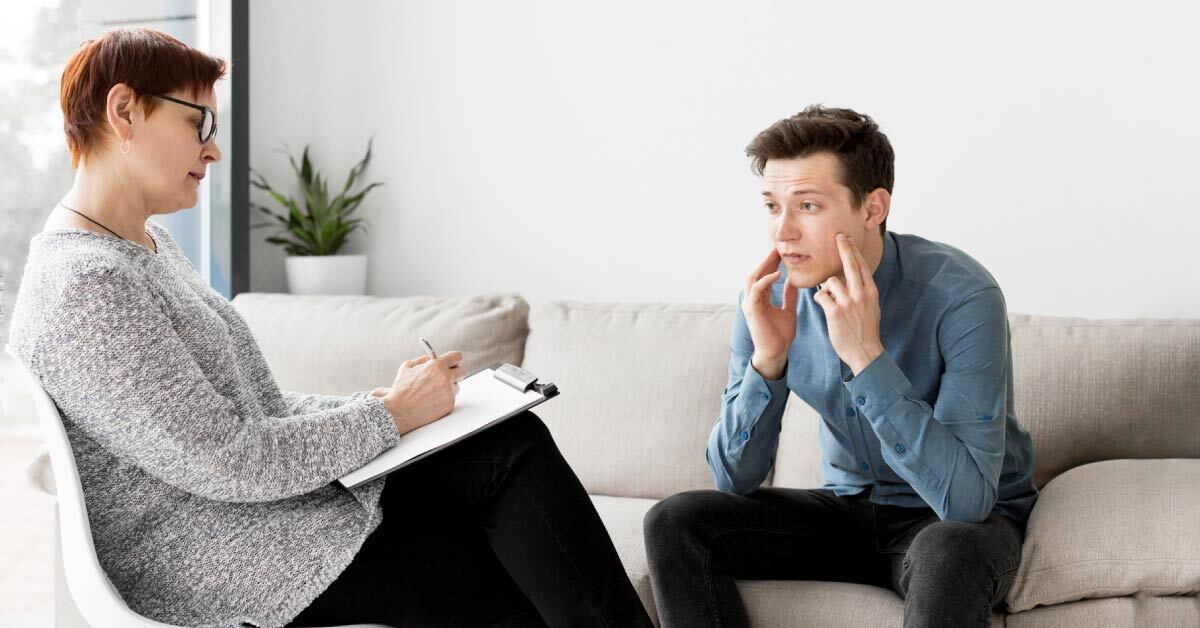
How to Help Someone Dealing with Anxiety
All of us have some experience in dealing with some form of anxiety or the other. Whether it was a phobia of spiders when we were little kids, the fear of public speaking, or the phobia of heights. It is the body’s natural response to stress or an indicator of the feeling of apprehension.
However, when the feeling of anxiety is persistent for more than six months, interferes with your daily activities, and causes a change in your behavior such as low confidence, you may be suffering from clinical anxiety or, in layman terms, an anxiety disorder.
Anxiety disorder happens to be one of the most common emotional disorders that affect everyone from children to the elderly. About one in 13 people or 7.3% of the world population suffers from an anxiety disorder.

While the sensation of anxiety is quite universal, the severity and the resultant physical symptoms vary from person to person. Some of the symptoms of anxiety are-
- Shortness of breath
- Chills or hot flashes
- Distress
- Fear
- Feeling faint or dizzy
- Headaches
- Heartburns
- Shivering
- Loss of appetite

Anxiety disorder is categorized based on the root causes of anxiety in terms of triggers that lead to these unpleasant sensations. The different types of anxieties are-
- Generalized Anxiety Disorder is a condition that causes chronic worry and exaggerated tension without an identifiable trigger
- Post Traumatic Stress Disorder is an anxiety disorder resulting from exposure to a traumatic event or life change.
- Social Anxiety Disorder is characterized by excessive self-consciousness in everyday social situations
- Obsessive-Compulsive Disorder is when a person suffers from recurring thoughts, (also called obsessions) or they have repetitive behaviors (also called compulsions)
- Panic Disorder is when a person suffers from repeated bouts of intense fear along with physical symptoms such as heart palpitations.
It is important to identify the signs and symptoms of anxiety to help someone close to you. It is a common misconception that anxiety only manifests as fear. There are other symptoms such as anger, jitters, fidgeting, withdrawn behavior, etc. if you suspect one of your loved ones is dealing with anxiety, here are some things to help with anxiety-

- Acknowledge and Understand their condition:
While the symptoms of emotional disorders tend to seem like regular emotional distress, it is important to draw the line between overwhelming emotions and disorders. Knowledge is the greatest tool one can employ while dealing with anxiety and it is important to know the effects and symptoms of anxiety. - Do not try to fix them:
However taxing and painful it may be to watch a close one go through the symptoms, it is important to recognize that the solution comes from within. This means you cannot fix them or heal them on your own. It may take a professional intervention, time, and patience for them to feel better. It is important to be available and equally important to separate yourself from their condition when someone is dealing with anxiety. - Create a network for yourself:
It takes a village to help someone struggling with their mind. It is taxing for those experiencing anxiety and it is equally taxing for those around them. It is important to have a social network of informed and adjusted people who can step in when you feel low, help when you need a break, or let you vent when you are frustrated. This is a very helpful tip for those who are caring for someone dealing with anxiety. - Provide Validation :
What may seem like a small thing to a third party is a very real concern for someone suffering from anxiety. This is why it is important to acknowledge their concerns however unreasonable they may seem on the surface. It is a good practice to ask in what way you can be helpful and help them express their concerns freely.
- Acknowledge and Understand their condition:
To sum up, small things go a long way in dealing with anxiety. A friendly nudge, frequent check-ins, allowing them to vent freely, listening, and showing concern are great ways to make sure your loved ones see that they are supported and cared for. This helps a great deal in fighting anxiety and managing the symptoms when someone is dealing with anxiety.